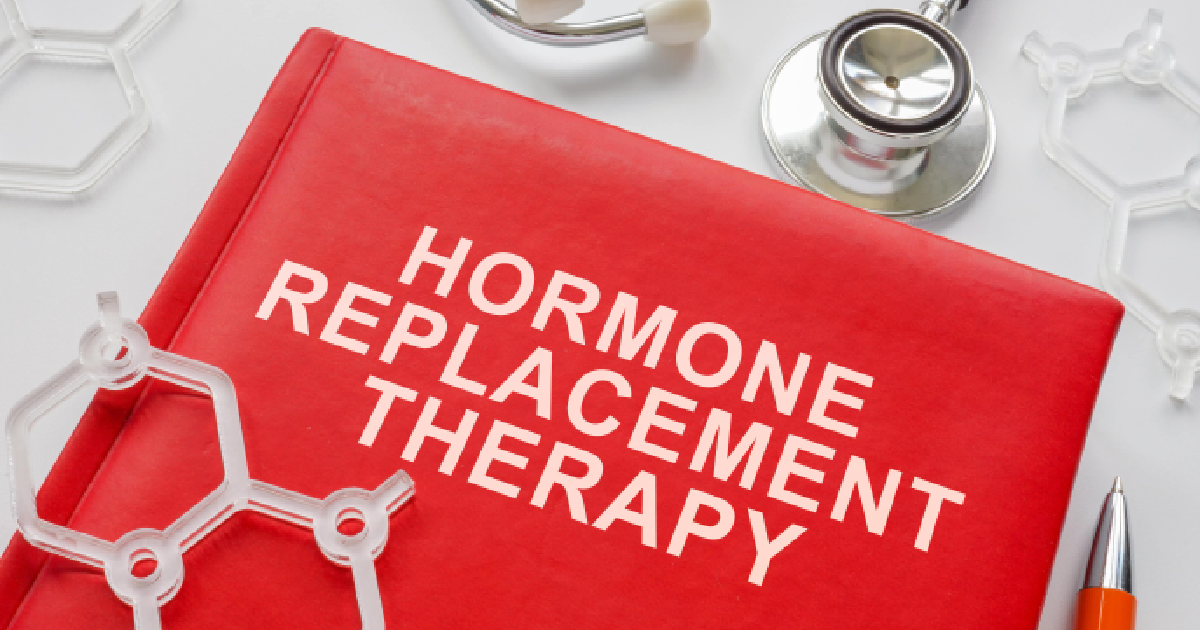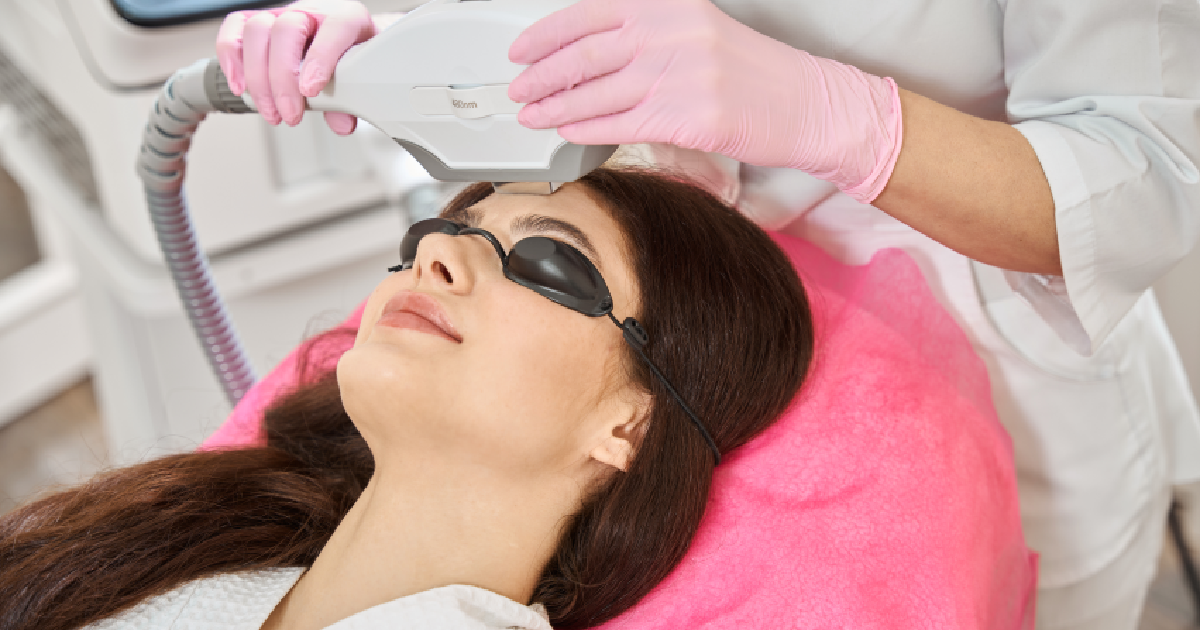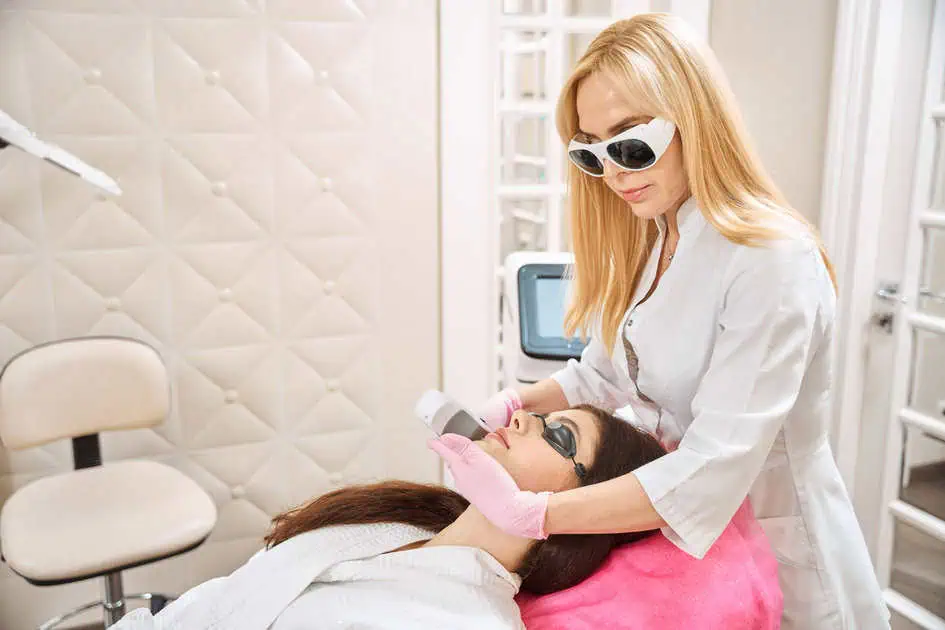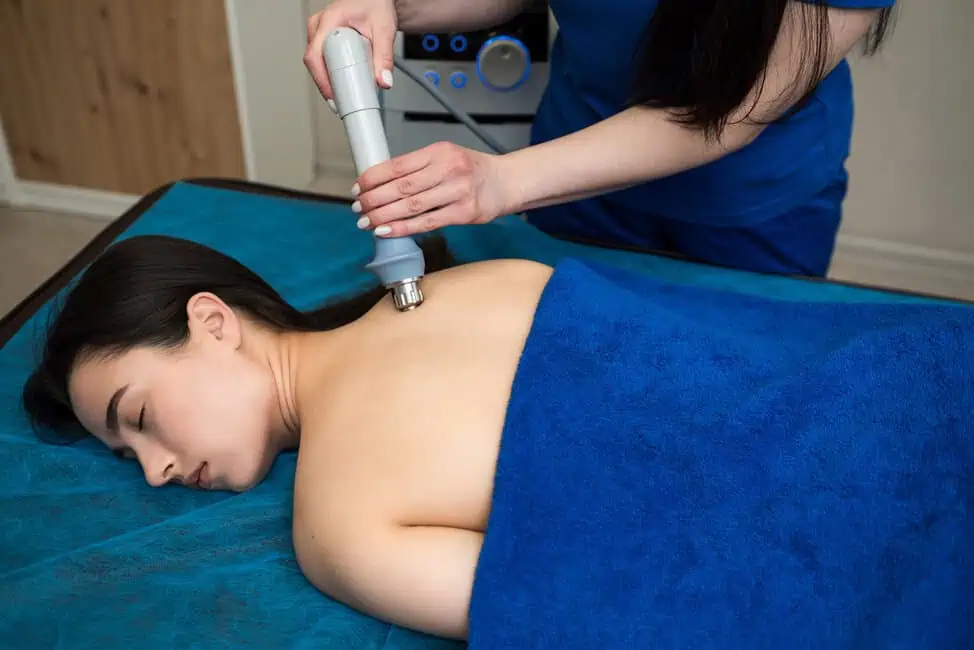The Health Benefits of Tumeric are vast
Turmeric is one of most powerful plant medicines ever discovered. It has potent effects on inflammation, oxidative stress, and even cancer that most drugs cannot even come close to. It also has a profound, broad range of health benefits without harsh side effects like most drugs have.
Curcumin, a natural polyphenolic compound extracted from rhizomes of Curcuma longa (turmeric), a plant in the ginger family (Zingiberaceae) has been used worldwide and extensively in Southeast Asia. Curcumin exhibited numerous biological and pharmacological activities including potent antioxidant, cardiovascular disease, anticancer, anti-inflammatory effects and neurodegenerative disorders.(1)
For thousands of years, turmeric has been used in Ayurvedic medicine for its bitter, pungent and astringent properties to treat many diseases. In modern times, turmeric (Curcuma longa) has been researched heavily with nearly 10,000 peer-reviewed research studies.
Fun Fact: Most people have consumed turmeric and don’t even know it. It’s what makes American yellow mustard, yellow!
The effects of curcumin cannot only be summed us as merely another COX-inhibitor (NSAID) but by various mechanisms that are still being discovered by modern scientific methods. According to the research, curcumin has the power to treat many disease conditions by similar means as these 10 types of drug classes:
- Blood Thinners or Anti-coagulant
- Hypoglycemic agents (diabetes drugs like Metformin)
- Lowers Cholesterol, Atherosclerosis and Fatty Liver Disease (like statins, but so much more)
- Anti-inflammatory Arthritis drugs(NSAIDs)
- Cortisone (steroids)
- Inflammatory Bowel Disease and Auto-immune disease drugs (modulates immune system)
- Pain Killers (Tylenol)
- Anti-depressants (SSRI)
- Alzheimer’s and Neurodegenerative Drugs (protects the brain)
- Chemotherapy (kills/inhibits cancer cells)
WHAT IS THE BEST FORM OF TURMERIC?
There are many different compounds that have been identified but the most important one is curcumin, a polyphenol. Curcumin is a fat-soluble molecule so it has some difficulty getting absorbed in its natural form.
Many supplements add black pepper (piperine) to enhance delivery across the gut wall. As a whole spice, turmeric contains only 3% curcumin, making it a very low dose medicine.
Food: In terms of cooking with it, traditionally you heat in in oil with all of the other spices, including black pepper. This delivery method works best on a “low and slow” daily dose. But for making a significant difference, we need to increase the dosage and delivery methods.
Supplements: Capsules of the powder come in varying degrees of quality and potency. Do not trust the cheap, over the counter type of products sold in a pharmacy or health food store, it may only have 3% curcumin.
I recommend going with a professional or physician grade formula with standardized extract of curcumin at least 95% of the formula. It should be known that there are other constituents that have a positive effect such as the essential oils and when delivered together create synergistic effects.
Intravenous: IV nutrient therapy of botanicals is not available in every state currently, however, this is a delivery method that offers 100% of curcumin directly into the bloodstream. For patients with systemic inflammation such as rheumatoid arthritis, this is fantastic.
In high doses, this is a powerful adjunctive treatment for cancer and in lower doses, can be used as a preventative. Always consult with a doctor who is trained in this therapy.
Teas: Unfortunately, this is a popular delivery method yet is very weak for actually delivering an effective dose of curcumin. Being fat soluble, a water-based extraction is going to give you the essential oils and water-based constituents. Still tasty but not the best way to go.
Golden Milk: This is another very popular way to get in your turmeric. A better option than tea alone since the milk contains fat, which will enhance absorption. I recommend using coconut or almond milk instead of dairy.
Topical: Since creams and salves are oil-based, it is a good method, although everything you touch will turn yellow…so not really convenient.
HOW DOES CURCUMIN WORK?
Oxidative stress and inflammation are long cascades of chemical reactions that take place in the body and have been linked to almost every type of disease. Curcumin not only works by turning off inflammation but in multiple roles giving it a powerful advantage over common medications.
Curcumin is anti-inflammatory and anti-oxidant, and many say it has overtaken the world as one of the most important plant medicines ever discovered. What gives this spice it’s power is in its ability to target multiple pathways in the body such as:
- Curcumin inhibits NF-κB signaling pathway and boosts NRF-2, our body’s anti-oxidant genes. (2)
- In the brain, it boosts BDNF, a powerful brain hormone that keeps neurons alive and thriving. (1)
- It is protective against cell death in healthy cells yet prevents cancer cell growth, metastasis, and replication. (13)
- Curcumin inhibits COX thereby decreasing prostaglandins and arachidonic acid inflammatory pathways. (9)
CONCLUSION
While modern medicine, FDA and Big Pharma are working to create new synthetic drugs, we must always remember that mother nature has provided everything we need on this planet we call home. At Source of Health, we strive to blend east, west, old and new therapies so we have an integrative approach to healthcare that takes the best-targeted therapies without harsh drug side effects or surgery.
Turmeric is constantly revealing more and more reasons to be added to daily life and is becoming a first-line therapy for the intervention of chronic inflammatory and oxidative diseases.
“Let food be thy medicine” ~ Hippocrates
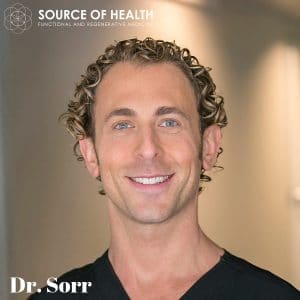
About the author:
Dr. Steven Sorr is the founder and chief medical officer at Source of Health in Scottsdale, AZ and has been in clinical practice using regenerative medicine since 2013. He received his doctorate in naturopathic medicine from SCNM and is a licensed healthcare provider in Arizona.
Dr. Sorr brings a huge passion for life and a diverse educational background of food, yoga, and medicine to Source of Health. His goal is to revolutionize the standard of care mindset by making significant strides in evidence-based therapies that are drug and surgery-free to restore high-level health for all.
References
1. Neuroprotective effect of curcumin as evinced by abrogation of rotenone-induced motor deficits, oxidative and mitochondrial dysfunctions in mouse model of Parkinson’s disease.
Khatri DK, Juvekar AR. Pharmacol Biochem Behav. 2016 Sep 9;150-151:39-47. doi: 10.1016/j.pbb.2016.09.002.
2. The effect of nano-curcumin on HbA1c, fasting blood glucose, and lipid profile in diabetic subjects: a randomized clinical trial.
Rahimi HR, Mohammadpour AH, Dastani M, Jaafari MR, Abnous K, Ghayour Mobarhan M, Kazemi Oskuee R.Avicenna J Phytomed. 2016 Sep-Oct;6(5):567-577.
3. Antidepressant effects of curcumin and HU-211 coencapsulated solid lipid nanoparticles against corticosterone-induced cellular and animal models of major depression.
He X, Zhu Y, Wang M, Jing G, Zhu R, Wang S.
4. Protective role of curcumin on renal ischemia reperfusion injury via attenuating the inflammatory mediators and Caspase-3.
Liu FH, Ni WJ, Wang GK, Zhang JJ. Cell Mol Biol (Noisy-le-grand). 2016 Sep 30;62(11):95-99.
5. Is there a role for curcumin supplementation in the treatment of non-alcoholic fatty liver disease? The data suggest yes.
Zabihi NA, Pirro M, Johnston TP, Sahebkar A. Curr Pharm Des. 2016 Oct 10.
6. Complementary and Alternative Medicines Used by Patients With Inflammatory Bowel Diseases.
Cheifetz AS, Giano
tti R, Luber R, Gibson PR. Gastroenterology. 2016 Oct 12. pii: S0016-5085(16)35193-9. doi: 10.1053/j.gastro.2016.10.004.
7. Curcumin reduces lung inflammation via Wnt/beta-catenin signaling in mouse model of asthma.
Yang X, Lv JN, Li H, Jiao B, Zhang QH, Zhang Y, Zhang J, Liu YQ, Zhang M, Shan H, Zhang JZ, Wu RM, Li YL.J Asthma. 2016 Aug 15:0.
8. Curcumin eluting nanofibers augment osteogenesis toward phytochemical based bone tissue engineering. Jain S, Krishna Meka SR, Chatterjee K.
9. The spice for joint inflammation: anti-inflammatory role of curcumin in treating osteoarthritis.
Chin KY. Drug Des Devel Ther. 2016 Sep 20;10:3029-3042. Review.
10. Curcumin slows osteoarthritis progression and relieves osteoarthritis-associated pain symptoms in a post-traumatic osteoarthritis mouse model.
Zhang Z, Leong DJ, Xu L, He Z, Wang A, Navati M, Kim SJ, Hirsh DM, Hardin JA, Cobelli NJ, Friedman JM, Sun HB. Arthritis Res Ther. 2016 Jun 3;18(1):128. doi: 10.1186/s13075-016-1025-y
11. Effects of supplementation with curcumin on serum adipokine concentrations: A randomized controlled trial.
Panahi Y, Hosseini MS, Khalili N, Naimi E, Soflaei SS, Majeed M, Sahebkar A. Nutrition. 2016 Oct;32(10):1116-22. doi: 10.1016/j.nut.2016.03.018. Epub 2016 Mar 31.
12. Curcumin Lowers Serum Lipids and Uric Acid in Subjects With Nonalcoholic Fatty Liver Disease: A Randomized Controlled Trial.
Panahi Y, Kianpour P, Mohtashami R, Jafari R, Simental-Mendía LE, Sahebkar A. J Cardiovasc Pharmacol. 2016 Sep;68(3):223-9. doi: 10.1097/FJC.0000000000000406.
13. Curcumin and Cancer Cells: How Many Ways Can Curry Kill Tumor Cells Selectively?
Jayaraj Ravindran, Sahdeo Prasad, and Bharat B. Aggarwal


